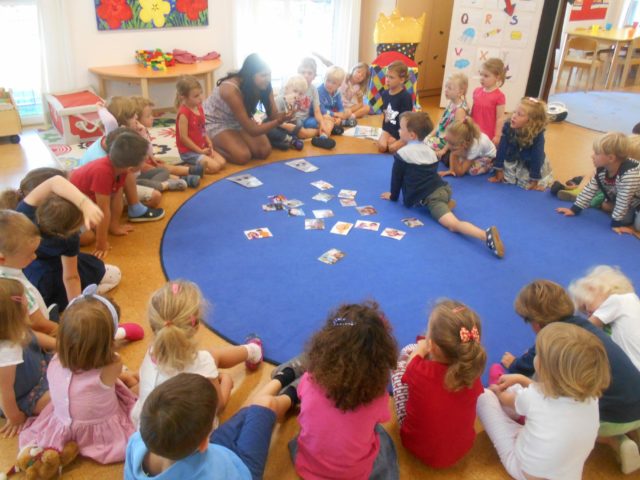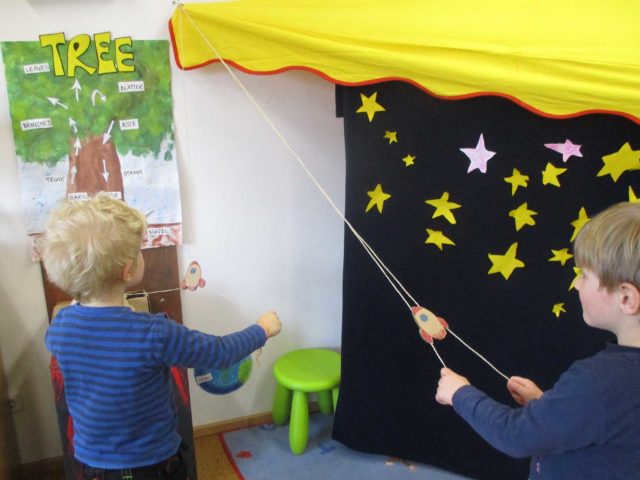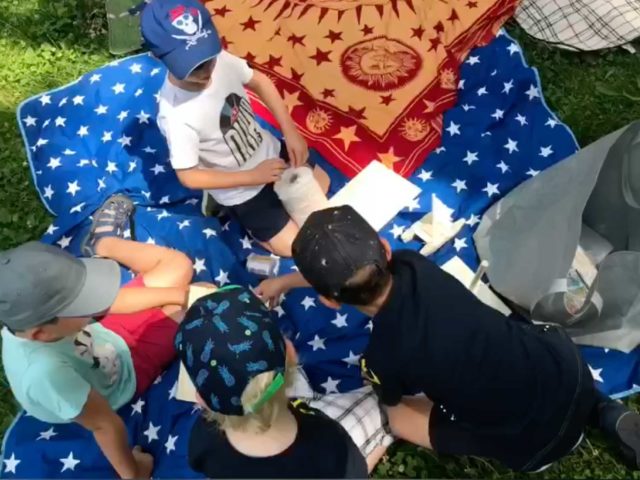Daily schedule
OUR ANCHOR IN THE DAILY ROUTINE
Afterwards, all the children congregate to enjoy some time as a complete kindergarten group and to exchange ideas. One of the set formats for this part of their day is the daily children’s discussion (morning circle). Here the children find out what the rest of the day holds for them and they have the opportunity to present their observations and share experiences with the other children. Each child should feel that his or her opinion and feelings matter and that he or she can contribute something important to the group as a whole. Furthermore, they can discuss and lay down rules together, discuss changes in room design and decide on what they work on for which themes or topics.
In addition, other activities can be slotted into the daily schedule and, depending on the nature, content and theme, be introduced to the whole group, within a small group or carried out in all the groups in parallel. Such activities might include looking at a picture together or introducing a new song.

Another aspect of the main group slot in the schedule is tidy-up time: by taking time together to organise tidying up, the children develop a sense of responsibility for both our property and materials.


THE LUNCH AND THE AFTERNOON
Lunch
The children all eat lunch in their groups with their teachers.
Afternoon
After lunch it is time for the children to relax and rest. Sleeping mats and blankets are set out and the children can rest or, if they would prefer, listen to soft music or have stories read to them.
After this time of rest, the children resume their projects and activities or start new ones.
Fresh-Air Time
We also spend a great deal of time out of doors, at all times of year and in almost all weather conditions, because children naturally both need and want to play and be on the move. However, our “outdoor activities

